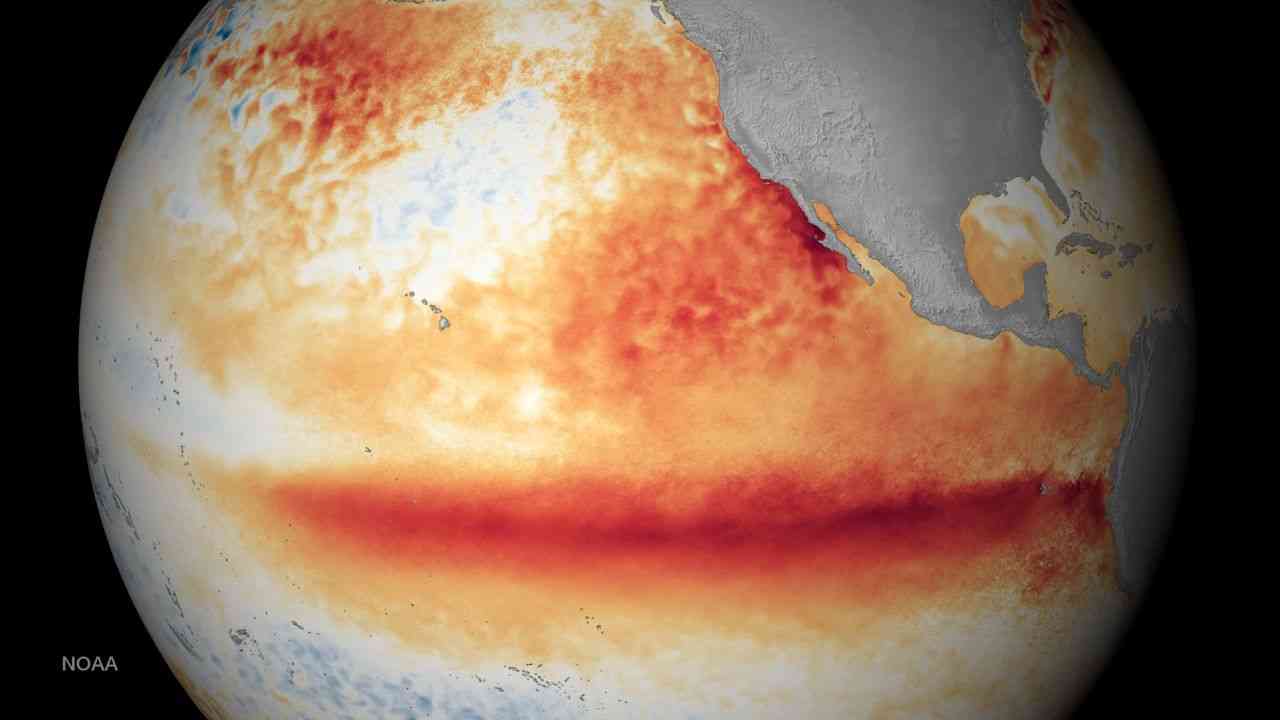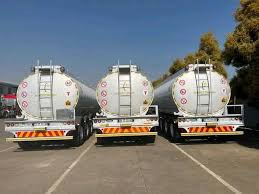
MAVHUTO Chapanduka's four cattle stagger into the yard heading towards the family's well.
It is around midday and the sweltering heat is unbearable for both the communal farmers and their livestock in the Goneso area of Hwedza.
Chapanduka's well is almost dry with his family only getting two buckets per day.
They now rely on the District Development Fund-owned bush pump, about 4km from his home.
"This is a crisis, we are quickly running out of water. The little I get for family consumption is not enough, let alone to water the cattle," he said.
A number of communal farmers are already bearing the brunt of the El Niño effects as the phenomenon ravages the land.
A number of dams have dried up.
These farmers, especially in Hwedza, are contemplating selling their livestock to at least salvage something.
- Boustead Beef seeks to end CSC corporate rescue
- Unresolved land tenure dispute stifles Tongaat Hulett project
- Boustead Beef seeks to end CSC corporate rescue
- British investor makes new claim over CSC . . . Boustead says it took over full control of the beef processor in 2019
Keep Reading
"I have no option but to sell the majority of my cows. As it stands, I can count losses. I was in the process of restocking following the outbreak of January Disease sometime back," said Chapanduka.
January Disease also known as Theileriosis wreaked havoc in Mashonaland East province's six districts two years ago leaving farmers with little to no livestock.
The most affected districts were Hwedza, Chikomba and Goromonzi.
"Most farmers were in the process of restocking but it seems to be vain due to the looming drought. It reminds me of the 1992 drought where I lost 20 of my cattle," said Tawanda Midzi, a farmer in Wilshire, Chikomba.
The National Oceanic and Atmospheric Administration confirmed a strong El Niño event occurring between October 2023 and March 2024 with anticipated outcomes including a delayed onset of rainfall and prolonged dry spells.
In the past five years, farmers in Mashonaland East lost more than 5 000 cattle to January Disease.
Thousands of cattle were sold to beef dealers for a song as farmers jostled to salvage something in the wake of the deadly tick-borne disease.
An agriculture expert, Thomson Diwa, said farmers could sell their livestock and restock later.
"Some of the areas have run out of water and the livestock is already stressed. It is advisable for farmers in the worst affected areas to destock by selling their cattle and restock when things normalise," Diwa said.
"As it stands, the country is already recording deaths of livestock in dry regions, and it is not looking good. In the case of communal farmers disposing of the cattle is a better option."
An Agritex officer in Hwedza who declined to be named said the situation was dire with most boreholes drying up.
"Some of the dams in Hwedza have dried up leaving communal farmers with the option of watering their livestock at boreholes. However, the boreholes are overwhelmed and due to erratic or no rainfall they are also drying up," said the Agritex officer.
In Matabeleland South province, an estimated 3 000 cattle have died since October with Bulilima district being the most affected.
It is reported that about 1 000 cattle have died in Bulilima district alone.
Some of the water sources in the area have dried up for the first time resulting in casualties.
Lands and Agriculture minister Anxious Masuka, after touring Masvingo and Matabeleland South provinces, said there was need to come up with long-lasting solutions to avert the challenge.
"We need to drill more boreholes and ensure that there is livestock supplementary feed. Most water sources have dried up and that is the worst challenge,” he said.
Zimbabwe’s worst drought occurred in 1991/92, directly affecting 5 million people and livestock resulting in serious food insecurity and water shortages.
The national herd is currently almost depleted and stands at 4,5m with government making efforts to restock.
However, the negative effects of climate change have proved otherwise as farmers continue losing livestock due to the El Niño phenomenon and diseases.
For Chapanduka, driving his cattle to Mucheke River everyday, about 13km from his homestead, has become unhealthy for both himself and his cattle.
"I have to sell the cattle and leave a few heifers that I can sustain by watering them at a local borehole. In this intense heat, I cannot bear to take the cattle to Mucheke River everyday," he said.
Mucheke River borders Mashonaland East and Manicaland provinces.
Cattle remain a source of wealth among communal farmers with the looming El-Nino’s effects expected to leave many in abject poverty.
Chapanduka lost five cattle two years ago due to January Disease and cannot afford to lose more to drought without a return.










